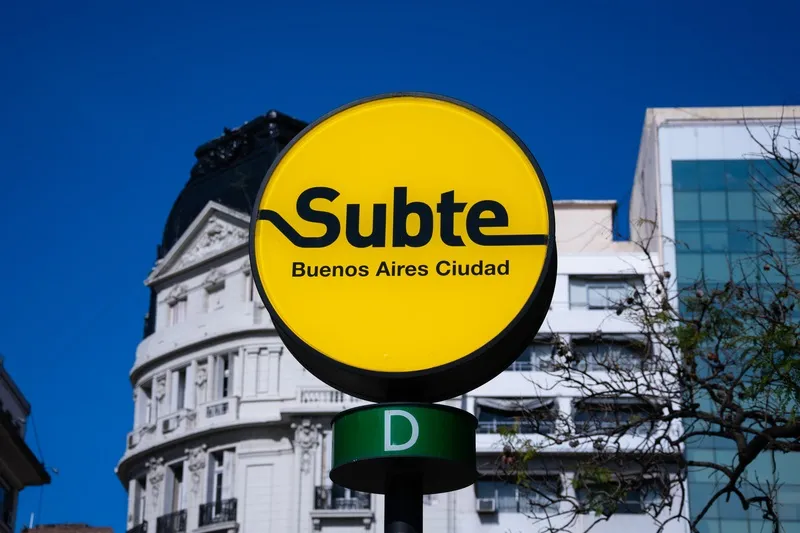RATP Group subsidiary RATP Dev has been awarded a 20-year contract with the Manila LRT 1 consortium to support operations and maintenance of Manila metro line 1.
October 13, 2014
Read time: 1 min
Launched in 1984, Manila metro line 1 is the first light metro system in the Philippines. The 20 kilometre line provides over 170 million passengers per year with north-south transport and is currently undergoing work to extend it by to 30 kilometres with 29 stations by 2018.
RATP group will also provide its expertise to the extension in terms of operations, equipment and infrastructure maintenance, as well as training of local personnel.








